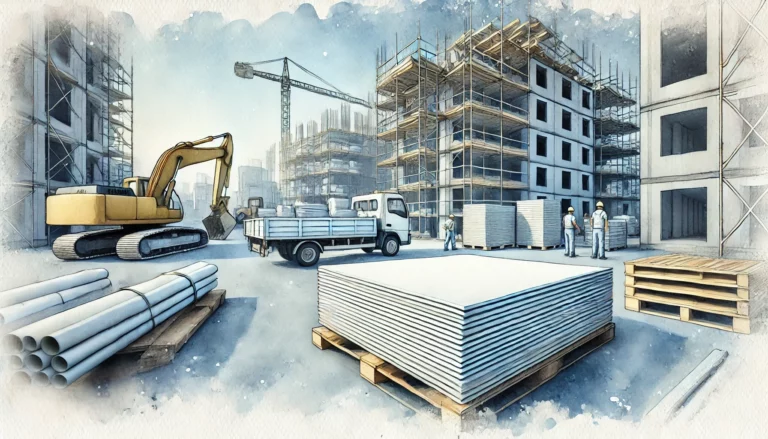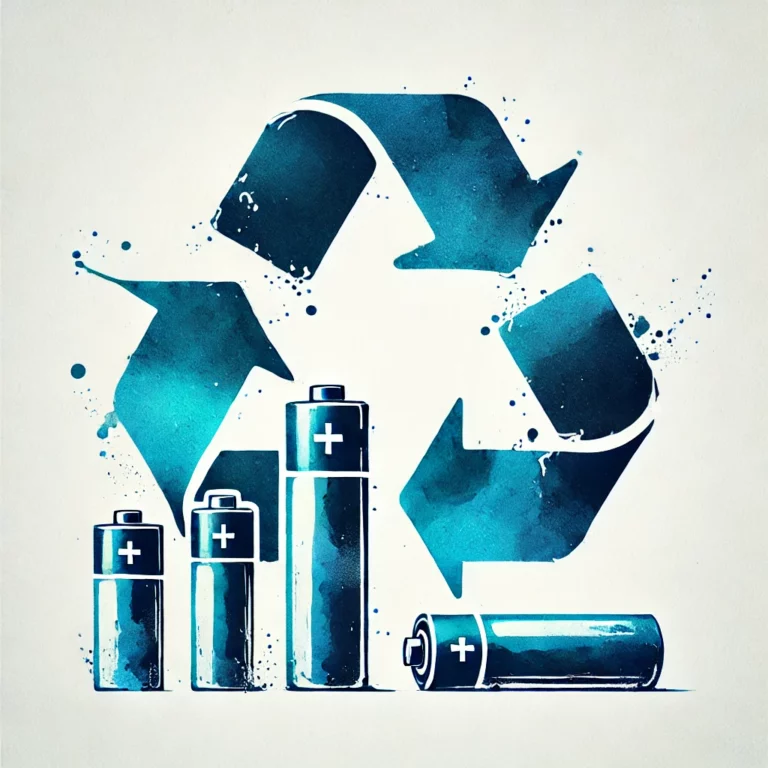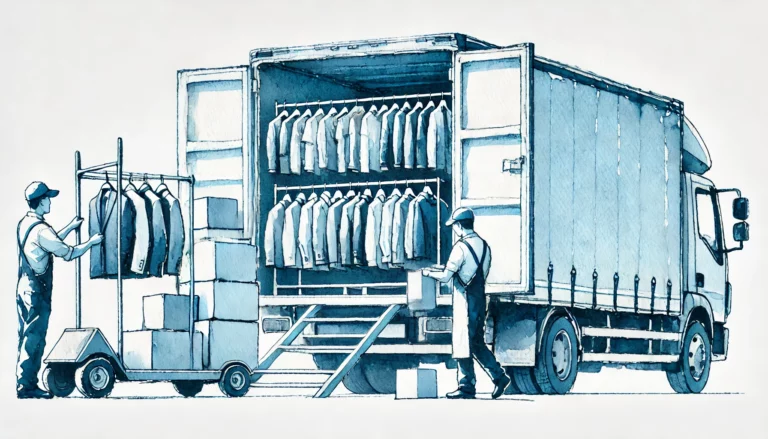Waste management done right – crossing the Finnish line
Finland stands out globally for its exceptional commitment to environmental sustainability. The nation’s advanced waste management and transport systems play a crucial role in preserving its natural landscapes. This article takes a closer look at Finland’s sophisticated approach, focusing on its legislative framework, achievements, and ongoing initiatives in waste management and transport.
Historical context and development
Finland’s systematic approach to waste management began in the early 1970s with the introduction of comprehensive environmental laws. Key legislation, such as the Waste Act (646/2011), sets the current standards, promoting waste prevention and efficient resource utilization. Over decades, Finland has moved from basic disposal methods to a focus on recycling and waste reduction, driven by both government policies and private sector innovations.
Current waste management framework
The backbone of Finnish waste management is the Waste Act mentioned earlier and the Environmental Protection Act. These align with the EU’s Waste Framework Directive (2008/98/EC), adopting a waste hierarchy that prioritizes prevention, reuse, recycling, recovery, and disposal as a last resort. Local municipalities manage residential waste, while private companies tackle commercial and industrial waste under strict regulation.
Statistically, Finland boasts one of the highest recycling rates in Europe. Over 40% of municipal waste gets recycled, with less than 1% ending up in landfills as of 2020. The nation aims to boost these figures by 2025 significantly.
Innovative waste management technologies
Finland has established itself as a global leader in waste management, demonstrating a commitment to sustainability and innovation. The country’s waste management practices integrate advanced technologies and efficient systems, focusing on reducing landfill usage and maximizing recycling and energy recovery. Here’s an overview of some of the key innovative waste management technologies and practices employed in Finland:
1. Advanced recycling systems
Finland boasts a highly efficient recycling system, supported by state-of-the-art technology. The country has invested in automated sorting facilities that use robotics, artificial intelligence (AI), and machine learning to separate recyclables from waste streams with high precision. These facilities can identify and sort various materials, such as plastics, metals, glass, and paper, significantly improving the recycling rates.
2. Waste-to-energy (WtE) plants
Waste-to-energy plants play a crucial role in Finland’s waste management strategy. These plants convert non-recyclable waste into energy through incineration, producing electricity and district heating. The Finnish WtE facilities are equipped with advanced emission control systems, ensuring that the process is environmentally friendly and meets stringent EU regulations. By utilizing waste as a resource, Finland reduces its reliance on fossil fuels and minimizes the amount of waste sent to landfills.
3. Biogas production
Finland is at the forefront of biogas production. The ciuntry uses organic waste from households, agriculture, and industry to produce renewable energy. Anaerobic digestion plants break down organic material in the absence of oxygen, producing biogas, which can be used for heating, electricity, and as a vehicle fuel. The by-product of this process, digestate, is rich in nutrients and can be used as a biofertilizer, promoting circular economy principles.
4. Smart waste collection systems
Finnish cities have implemented smart waste collection systems to optimize waste management operations. These systems use sensors and IoT (Internet of Things) technology to monitor the fill levels of waste containers in real-time. The data is then used to optimize collection routes, reducing fuel consumption and greenhouse gas emissions. Additionally, residents are encouraged to sort waste correctly through user-friendly apps that provide information and feedback.
5. Circular economy initiatives
Finland is a pioneer in promoting a circular economy, aiming to extend the lifecycle of products and materials. Initiatives include repair and reuse centers, where items such as electronics, furniture, and clothing can be repaired or repurposed instead of discarded. The government supports these initiatives through policies and incentives, fostering a culture of sustainability and resource efficiency.
6. Public awareness and education
Public awareness campaigns and educational programs are integral to Finland’s waste management success. Schools, communities, and businesses are actively involved in promoting sustainable practices. Educational initiatives focus on teaching the importance of waste reduction, proper sorting, and the benefits of recycling and energy recovery.
Community involvement and public awareness are key to Finland’s successful waste management. National campaigns such as Waste Week encourage citizens to participate in waste reduction and recycling activities. Educational programs like the Green Flag Program in schools promote environmental education and practical recycling activities.
7. Innovative packaging solutions
To reduce packaging waste, Finnish companies are developing innovative solutions such as biodegradable packaging, reusable containers, and materials made from renewable resources. These efforts help decrease the environmental impact of packaging and support the country’s waste reduction goals.
Waste transport
Finland optimizes waste transport through an extensive network of roads and railways, ensuring efficient and eco-friendly collection and transportation of waste. This efficiency is underpinned by a strict regulatory framework that requires all waste transport activities to obtain a specific permit. These permits are crucial for maintaining control over waste flows and ensuring that all transport activities meet the high environmental standards set by Finnish law.
Do you want to obtain waste transport permit in Finland? Contact us:
office@wastetransportsolutions.eu
Projects like the Espoo Clean Heat project highlight the innovative spirit of Finland’s waste management strategies. This initiative features underground waste collection systems that minimize the need for frequent transport, thereby reducing emissions and traffic congestion. Such projects seamlessly align with the Finnish approach to sustainable waste management, where every detail, from collection to transport, is meticulously planned and regulated.
The permit system not only reinforces Finland’s commitment to environmental stewardship but also ensures transparency and accountability in waste transport. By requiring permits, Finland maintains a comprehensive oversight of waste management processes, enhancing the effectiveness of recycling programs and reducing the risk of environmental pollution. This careful regulation of waste transport is a cornerstone of Finland’s success in achieving its sustainability goals, truly embodying the spirit of “crossing the Finnish line” in waste management excellence.
Impact of EU regulations
EU directives deeply influence Finland’s waste management strategies. The Landfill Directive (1999/31/EC) has notably pushed the country to drastically cut down on landfill use. Finland rigorously adheres to these regulations, consistently leading in sustainable waste management within the EU.
Challenges and future directions
Despite its successes, Finland faces challenges in managing increasing amounts of plastic and electronic waste. The Finnish Plastic Recycling Initiative strives to enhance plastic recycling rates, currently around 22%. For electronic waste, Finland enforces the SER (Waste Electrical and Electronic Equipment) Directive, promoting proper disposal and recycling practices.
Finland’s waste management practices showcase a perfect blend of legislative enforcement, technological innovation, and community participation. As the nation advances towards a circular economy, it continues to refine its waste strategies, aiming for minimal waste generation and maximum recycling efficiency. Finland’s commitment serves as a global model, demonstrating that sustainable waste management is both achievable and beneficial.







